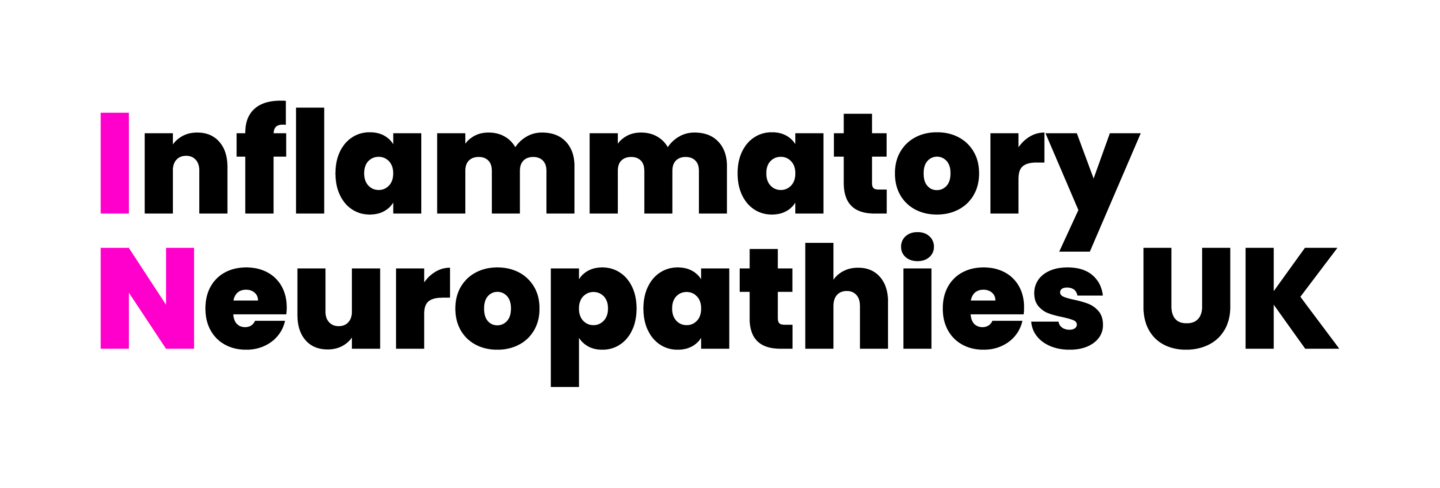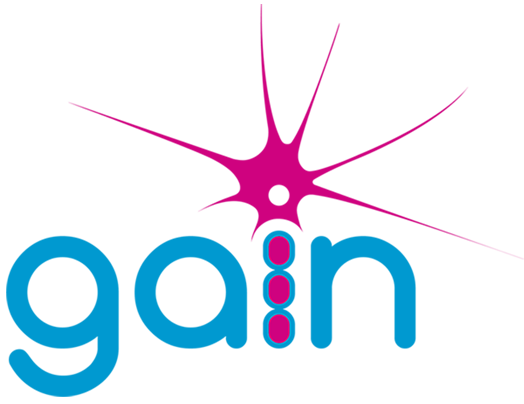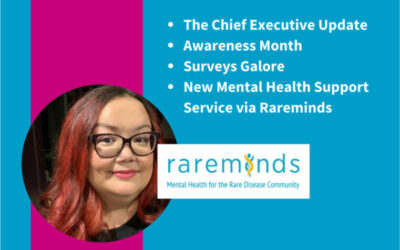Guillain-Barré Syndrome (GBS) Recovery
This blog is all about your ongoing recovery from Guillain-Barré Syndrome (GBS), especially when you return home from hospital. If you want to know more about what happens earlier in the GBS journey then check out our other blogs in this GBS series such as what it is, the symptoms you should look out for, how it is diagnosed, the treatment you may receive, and what might happen in rehabilitation.
The GBS Recovery Journey
As with all aspects of GBS, everyone’s journey is different. Some people recover quickly and recover well, while for some people, recovery can take many weeks, months, or years. For a small amount of people who do have GBS, they can be left with long term issues and disabilities. Ongoing recovery after GBS can be difficult for some people, and additional support may be required. This will hopefully only be needed in the short term.
Support
Some people who have had GBS and have been left with impairments and disabilities, may need support in the short or longer term. Some people may need care, while others may need some support with everyday tasks. This will most often be arranged as part of discharge, but some people may find out later that support can help. You should contact your GP or local social care services (in your local council) if you feel that you need an assessment.
Physiotherapy
Most people recovering from GBS will need physiotherapy at some point in their recovery. This is often put in place as part of a discharge plan. Most people would benefit from specialist neurological physiotherapy, but this isn’t always available (depending on where you live). Physiotherapy helps to restore movement and function when someone is affected by GBS, especially when you have lost function in your hands, arms, feet or legs. We have found that not everyone receives physio as part of discharge, or when they need it. You may find later that you would benefit from physiotherapy, if issues persist or new problems arise. If this happens, you should ask your GP about physiotherapy. In some areas, physio can be hard to get, or waiting lists may be very long. Some people find that purchasing private physio works for them, but we know this isn’t an option for everyone.
Emotional Support
A big part of recovery from GBS is dealing with the emotional impact that the condition can have. GBS can be both traumatic and life changing for some people, and the fact that you may have been through Intensive Care, that how you live may have changed, and pressures on relationships and work can all have an impact. Some people find that they need emotional support as part of their recovery. If you feel that this would benefit you then you should talk to your GP. Unfortunately, the amount of support available can often be very limited, and waiting lists may be long.
Managing Residuals
Some people who have had GBS will be left with residual symptoms, and managing these residuals is a key part of recovery. You may need ongoing physio, support with some tasks, or certain bits of equipment in order to manage. You may also need pain relief. If pain is an issue then you should talk to your GP about pain management. We will talk more about residuals in the next blog about living with GBS.
Life Expectancy
We are often asked about life expectancy post GBS. While there is a small proportion of people (2-5%) who may die when they first get GBS, and some people may be left with long term residual symptoms and disabilities, GBS itself doesn’t impact on overall life expectancy, and most people once recovered go on to live normal lives.
Ongoing GBS Support
GAIN is here to support people and families impacted by GBS, offering information, advice, and guidance; providing practical support where it is needed; funding and undertaking research; and raising awareness. If you’re looking for support, to have a chat or ask questions, why not join our monthly Get Togethers or sign up for our GBS Newsletter.
If you want to know more then you can read our blog series on GBS, or reach out to us, we are more than happy to support.




